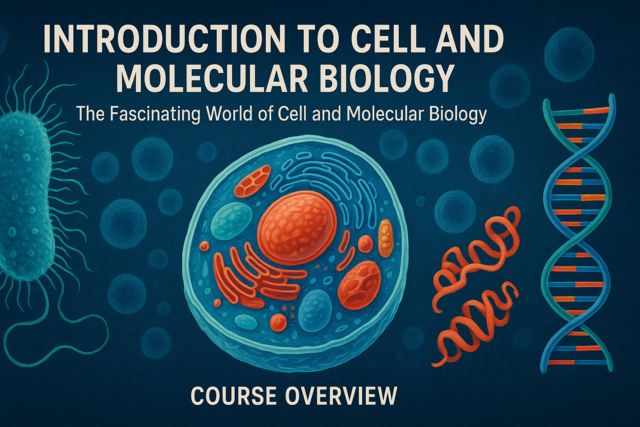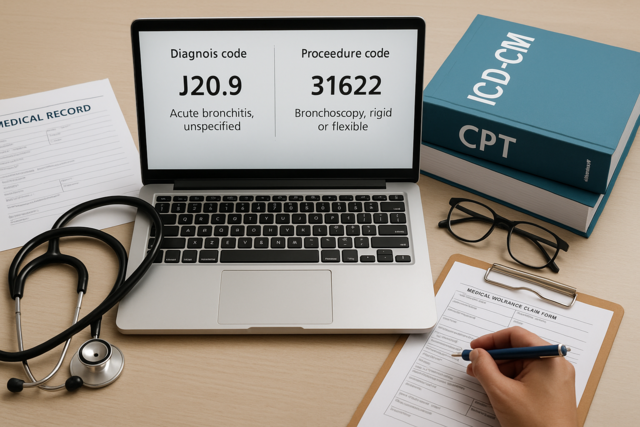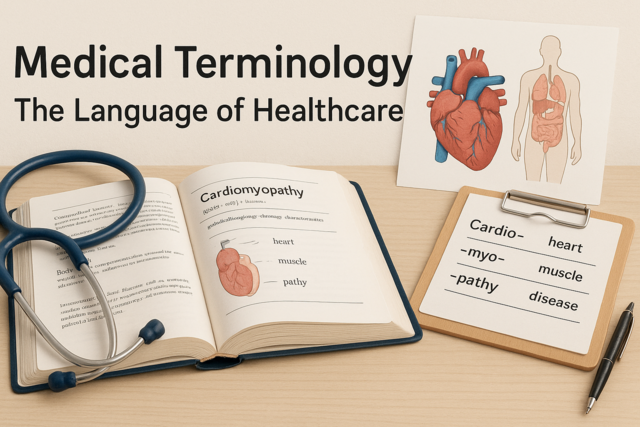Nursing Assistant Career Overview
Empower Your Future: Step into Healthcare with Confidence

5 Hours average completion time
0.5 CEUs
13 Lessons
16 Exams & Assignments
Mobile Friendly
Last Updated February 2026
Step Into a Life of Purpose: Become the Nursing Assistant Every Patient Deserves
Imagine a career where every single moment of your day holds meaning. A career where your compassion, strength, and care aren't just appreciated-they're life-changing. As a Nursing Assistant, you'll become a vital part of the healthcare system, offering more than just medical support. You'll provide dignity, comfort, and hope to people who need it most.
This course is your key to unlocking that future. But this isn't just another online class; it's a transformative experience designed to prepare you for the real world of patient care. Whether you're seeking a meaningful career change, a way to provide for your family, or simply a chance to contribute something extraordinary to the world, this course will guide you every step of the way.
You'll gain the knowledge and practical skills to handle the complexities of patient care with confidence. From understanding basic anatomy and essential care procedures to mastering techniques for patient mobility and emotional support, every lesson is crafted to ensure you feel ready to step into the role of a Nursing Assistant. But this isn't just about clinical skills-this course is also about cultivating the qualities that make you truly exceptional: compassion, resilience, and empathy.
What makes this course different? It's not about memorizing textbook definitions or skimming through dull lectures. Instead, you'll learn through engaging, real-world insights and practical scenarios that mirror the challenges and triumphs you'll experience in your career. You'll uncover how to meet patients' emotional needs, handle the complexities of ethical decision-making, and even maintain your own emotional well-being in a demanding yet fulfilling field.
By the time you complete this course, you won't just understand what a Nursing Assistant does-you'll feel what it means to be one. You'll leave with the confidence to walk into any healthcare setting, knowing you have the skills and mindset to provide care that truly makes a difference.
Your journey begins now. This is your chance to step into a career that offers stability, fulfillment, and the rare opportunity to impact lives every single day. If you've ever dreamed of doing work that matters-work that transforms not only the lives of others but your own-this is your moment.
Don't wait. Your future is calling, and it's brighter than you can imagine. Enroll today and become the Nursing Assistant every patient deserves.
- Observation and assessment skills
- Effective communication and empathy
- Emotional resilience development
- Cultural sensitivity and adaptability
- Compassionate patient interactions
- Basic medical knowledge application
- Nutrition and exercise understanding
- Patient safety and mobility management
- Ethical decision-making skills
-

Introduction to Cell and Molecular Biology
-

ICD-10: Medical Coding
-

Medical Office Management
-

Anatomy and Physiology 101
-

HIPAA Compliance 101
-

Careers in Healthcare
-

Introduction to Medical Billing
-

Medical Terminology for Medical Coders
-

Microbiology Mastery: Unlocking the Foundations of Life
-

Medical Billing and Coding Course Bundle
-

Introduction to Medical Coding
-

Medical Terminology 201
-

CPT Coding for Beginners
-

Medical Terminology 101
-

Understanding Concussions